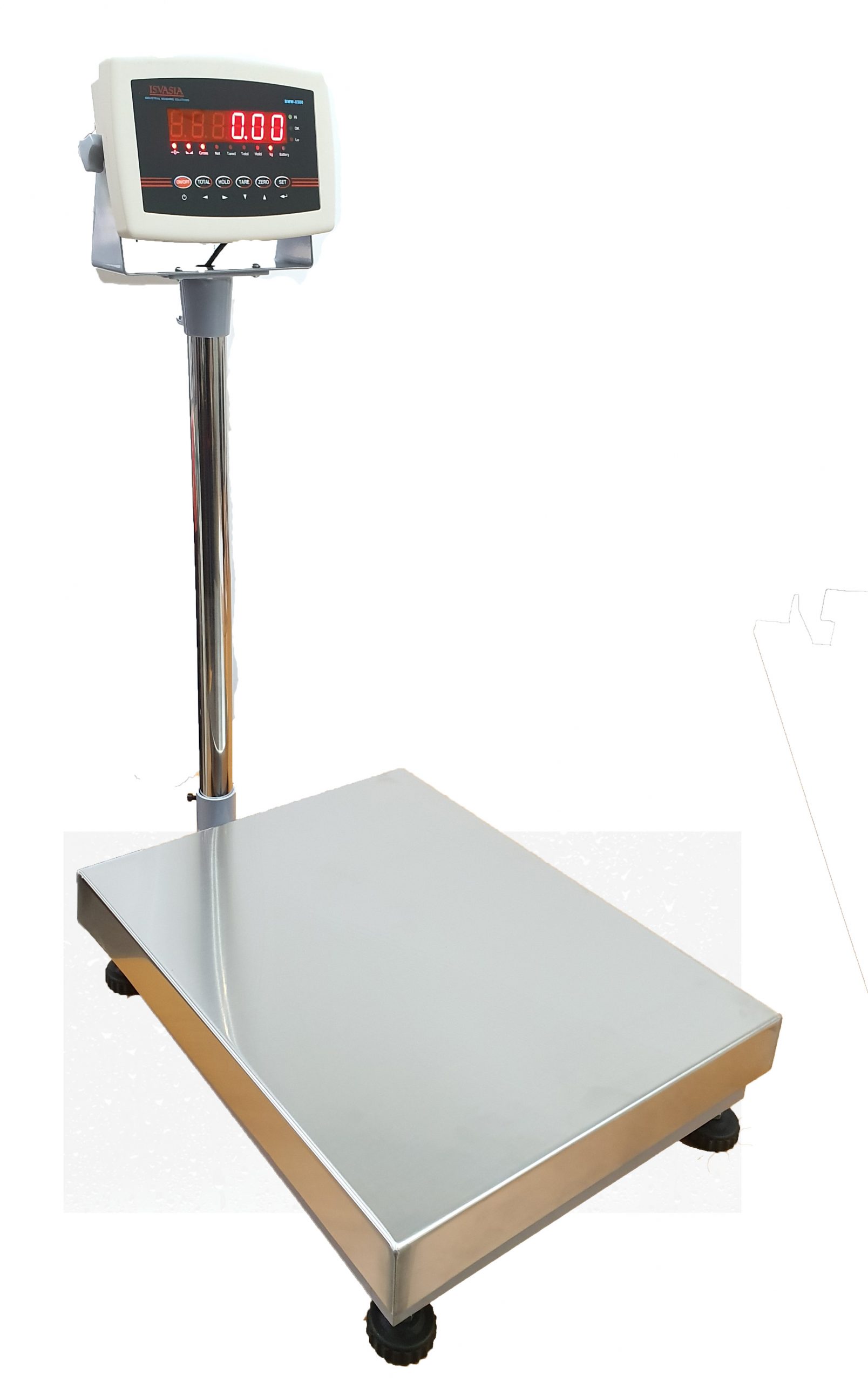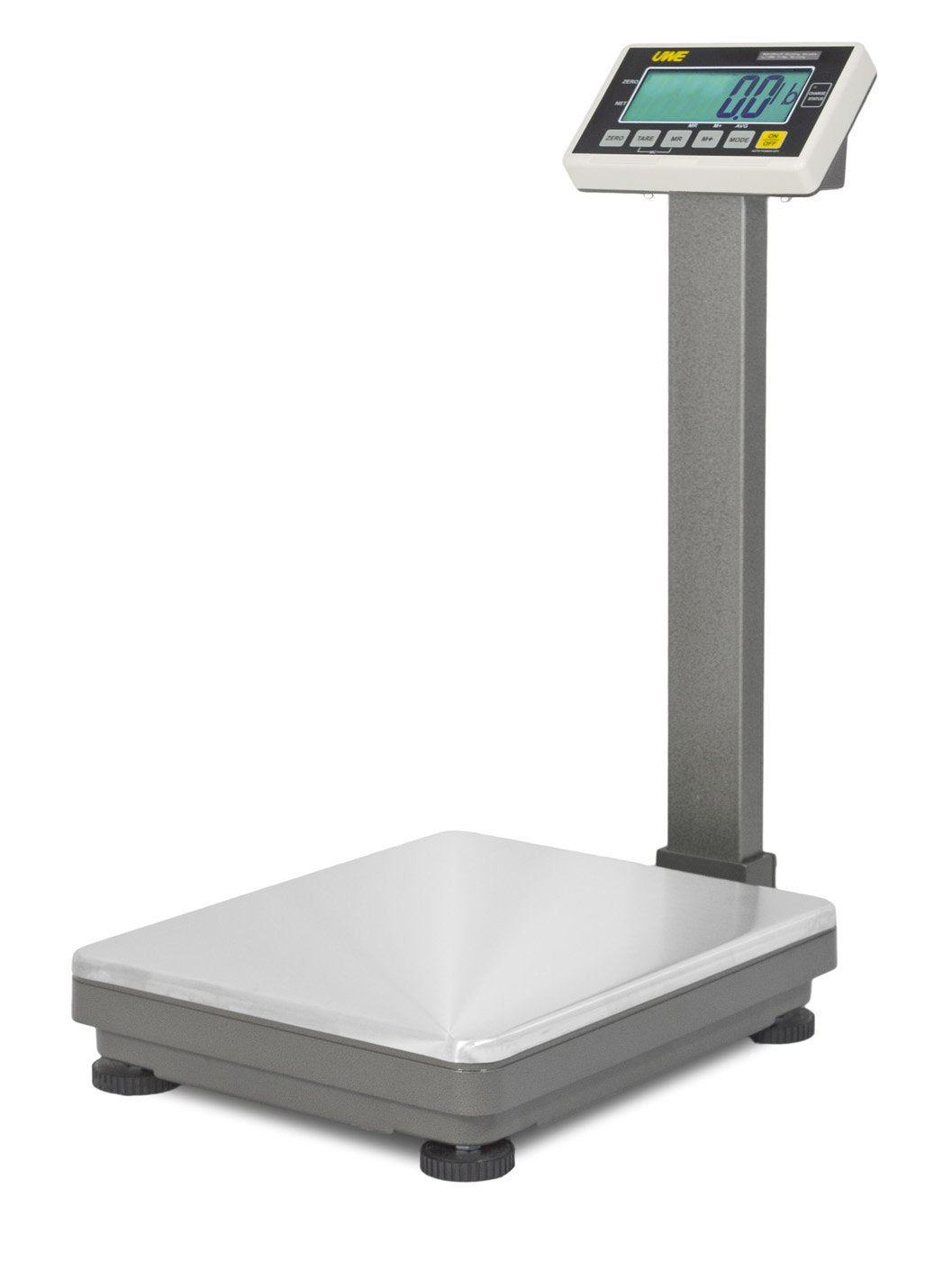
Leading Attributes to Seek in High-Quality Industrial Scales
In the world of commercial operations, selecting the right range is vital for guaranteeing performance and accuracy. Trick functions such as precision and precision, along with resilience and construct top quality, play a substantial role in establishing the suitability of a range for particular applications.
Precision and Accuracy
Making sure the accuracy and precision of commercial scales is vital for reliable operations throughout various fields. Accurate dimensions are critical in industries such as production, logistics, and food processing, where even small discrepancies can cause considerable financial losses, jeopardized item quality, or regulative non-compliance. High-grade industrial scales are made to deliver reliable efficiency, making use of advanced technology to guarantee accurate weight analyses.
The calibration procedure is necessary in keeping the accuracy of these scales. Routine calibration versus licensed reference weights makes sure that any kind of drift in measurement is fixed, thus maintaining conformity with market requirements. In addition, the use of high-resolution load cells enhances the scale's capacity to spot minute weight modifications, additionally enhancing its accuracy.

Resilience and Develop Quality
Toughness and construct top quality are critical elements that determine the durability and dependability of industrial scales in demanding atmospheres. Industrial scales are frequently based on rough problems, consisting of direct exposure to dirt, wetness, and hefty lots. The products utilized in their building play an important role in ensuring they can withstand these challenges.
High-quality commercial ranges normally include durable housings made from materials such as stainless-steel or light weight aluminum, which not only provide architectural honesty but also resist corrosion and wear. In addition, focus to information in the design, such as reinforced edges and shock-absorbent feet, can improve longevity and protect delicate components from damages.
Moreover, top-quality parts, including lots cells and digital parts, add to the total develop high quality. These parts must be developed to endure temperature variations and resonances frequently found in commercial settings. Ensuring appropriate access defense (IP score) is also crucial, as it indicates the range's ability to stand up to dust and liquid exposure.
Inevitably, selecting commercial ranges with exceptional toughness and build high quality will certainly lead to an extra dependable, durable remedy that meets the extensive needs of various industrial applications.
Tons Capacity and Array
When selecting industrial ranges, recognizing their load capacity and range is important for meeting certain functional demands. Lots capability describes the maximum weight that a scale can properly determine, while the array shows the spectrum of weights the scale can deal with effectively. It is important to pick a range that not just fulfills current important source demands however additionally suits potential future demands.
Different sectors have unique weight measurement needs. A production center may require ranges capable of weighing hefty equipment parts, while a research laboratory could just require scales for lighter materials. Selecting a range with an ideal lots ability makes certain accuracy and accuracy, stopping overwhelming that might cause equipment damage or imprecise analyses.
A range that can determine both light and heavy weights properly can improve operational effectiveness, allowing for flexible applications. Spending in scales with ideal load ability and range dramatically contributes to performance, compliance with market requirements, and overall functional reliability.
Simplicity of Usage and Maintenance

In enhancement to user-friendliness, ease of upkeep is another crucial facet to consider. Scales that are designed with obtainable components promote routine upkeep tasks such as calibration, cleansing, and battery substitute. A modular design can additionally enhance these processes, enabling fast repair work and marginal downtime.
Moreover, the materials made use of in the building of commercial scales play a considerable duty in maintenance. Scales made from sturdy, corrosion-resistant products are easier to tidy and much less prone to damage, which prolongs their life expectancy and decreases total functional costs.
Routine maintenance routines, led by the producer's suggestions, are essential for making sure optimum efficiency. By prioritizing simplicity of usage and upkeep, businesses can guarantee that their industrial ranges stay efficient, reputable, and reliable devices in their procedures. This brings about boosted performance and an extra reliable operations.
Connectivity and Integration Choices
Integrating commercial ranges right into existing functional structures is substantially boosted by durable connectivity choices. High-quality commercial ranges need to supply several connectivity methods, including USB, Ethernet, and wireless alternatives such as Wi-Fi or Bluetooth. These attributes promote smooth data transfer to central data sources, ERP systems, or cloud systems, allowing real-time surveillance and reporting.
Furthermore, advanced assimilation alternatives enable for compatibility Going Here with existing devices, such as printers or barcode scanners, enhancing and enhancing processes operations performance. Scales that support industry-standard methods, such as Modbus or RS-232, can quickly communicate with various tools and systems, making sure a cohesive operational setting.
Another crucial element is the see here now ability to incorporate with software options that analyze and picture data - Industrial Scales. Ranges geared up with APIs or software advancement packages (SDKs) supply businesses the versatility to tailor performances customized to their particular demands
Lastly, thinking about future scalability is critical; choosing ranges that can adapt to progressing technical advancements guarantees lasting worth and minimizes the need for expensive substitutes. In recap, assessing connectivity and assimilation alternatives is vital when choosing high-grade industrial scales that will improve operational effectiveness and data monitoring.
Conclusion
In verdict, choosing premium industrial scales demands cautious consideration of numerous essential functions. Industrial Scales. Prioritizing these attributes inevitably leads to enhanced productivity and lasting value in industrial applications, enhancing the significance of informed decision-making in range selection.
In the world of industrial procedures, choosing the right scale is essential for making certain performance and accuracy.Making certain the accuracy and accuracy of commercial scales is extremely important for efficient procedures across numerous markets. Load capability refers to the maximum weight that a range can accurately determine, while the range shows the spectrum of weights the range can handle properly. A production center may require scales qualified of weighing hefty machinery elements, while a lab could only need scales for lighter products. By prioritizing simplicity of use and maintenance, organizations can make certain that their commercial ranges continue to be effective, reputable, and efficient devices in their procedures.